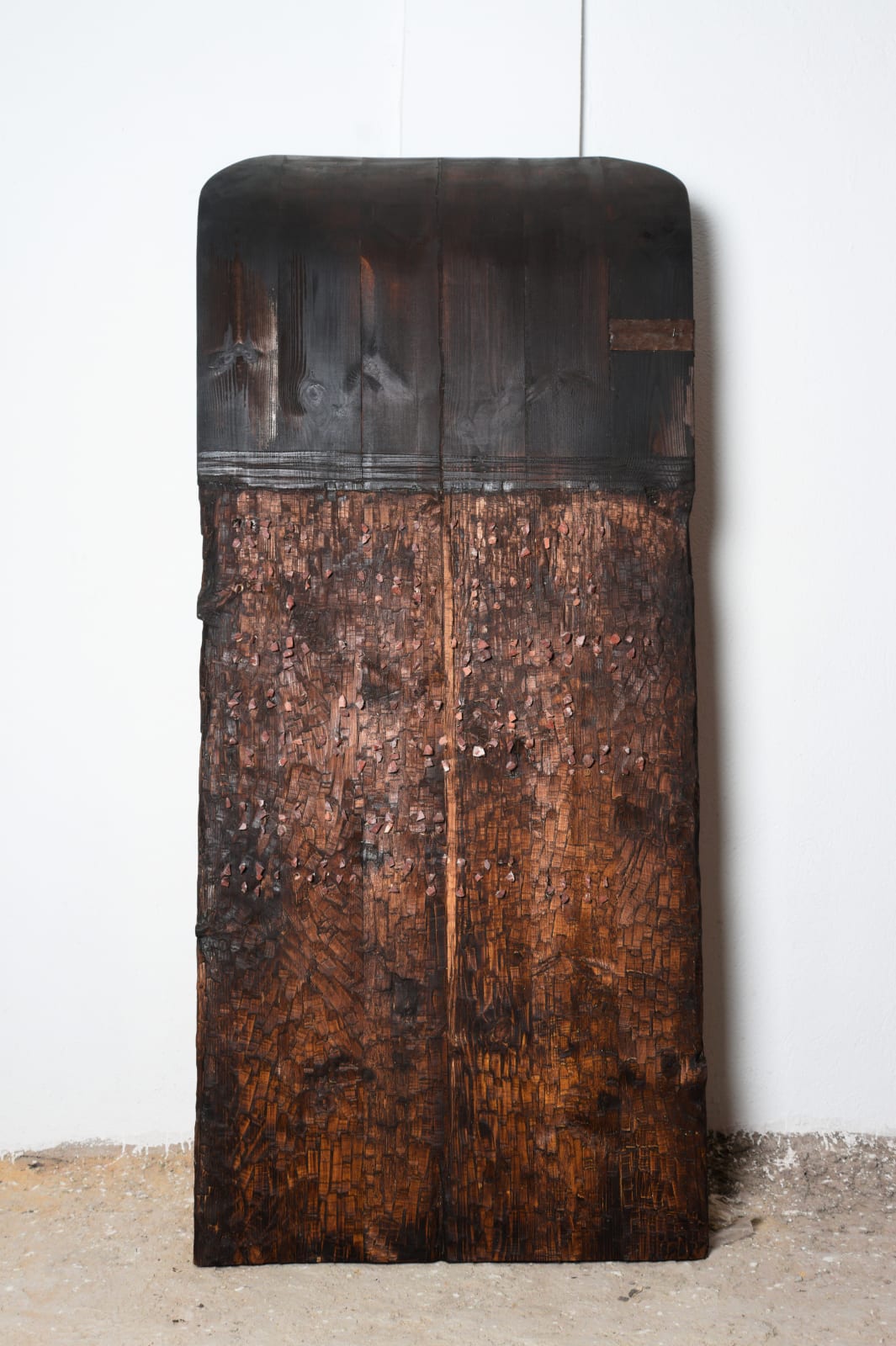M’barek Bouhchichi
NEWSLETTER
Get the latest updates on exhibitions, art fairs, events and exclusive content from Selma Feriani Gallery.
* denotes required fields
We will process the personal data you have supplied in accordance with our privacy policy (available on request). You can unsubscribe or change your preferences at any time by clicking the link in our emails.
